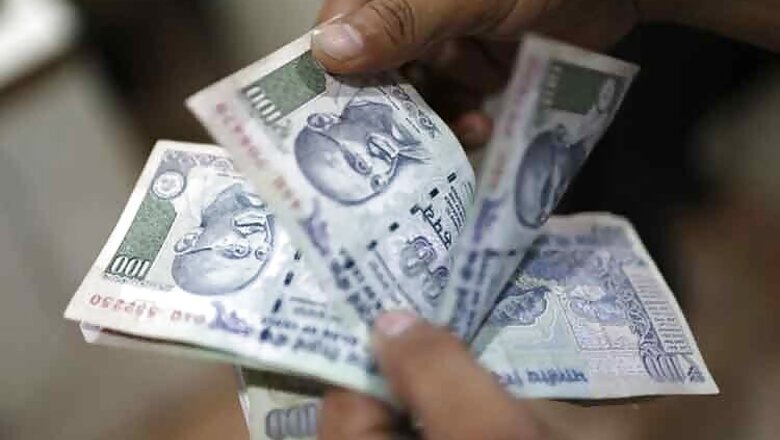
views
New Delhi: In the Budget, the government reiterated its commitment to reform political funding, blamed as the root of all corruption plaguing India. The steps adopted include capping the maximum cash donation to Rs 2,000 from any one source, limiting donations to political parties to cheque and digital transactions, and to making IT returns for political parties compulsory.
But one measure stood out. Finance Minister Arun Jaitley proposed to amend the RBI Act and issue something called electoral bonds. So just what is this new beast? We wish we could give you a comprehensive explainer, but the government has been stingy with details. Doesn't matter, here is all that you need to know until the government comes with its own explainer.
What is a bond?
A bond is a debt security, similar to an IOU. Borrowers issue bonds to raise money from investors willing to lend them money for a certain amount of time. When you buy a bond, you are lending to the issuer, which may be a government, municipality, or corporation.
What is the 'electoral bond'?
An instrument that will be used to donate money to political parties. The parties involved will probably be a donor, the political party and the RBI, which acts as the intermediary.
Is it the first of its kind in the world?
It may be. None of the electoral finance experts that News18 spoke to could recall of a similar approach to political party funding from any other democracy around the world. Jagdeep Chhokar of the Association of Democratic Reforms said that while there were electoral trusts in India, electoral bonds are new.
Wait, you mean I buy the bond and will be able to redeem it at a later date?
Well, we don't think so. The FM says wait for a new scheme in this regard that will have all details. Obviously, it can't be called political 'funding' if the party will have to return the money at a later date with or without interest.
What we understand is that this one will be more akin to a bail bond than a financial bond. One possibility is that RBI will issue these ‘bonds’ through designated banks. Say, if you want to donate Rs 25,000 to a party of your choice, you can buy 5 of the Rs 5,000 bonds and donate. So the government knows who bought it and what his source of income is, but it wouldn’t know who he donated it to. The party can go to the bank and redeem the Rs 25,000. The donor if he wants can choose to be anonymous.
How will it be introduced?
The government proposes to design a scheme under which the issuance of electoral bonds to political parties will be sketched out. This would only be possible after an amendment to the Reserve Bank of India (RBI) Act.
Speaking to DD News, Jaitely gave an example of how Barack Obama funded his political campaign. "According to the electoral bonds scheme, a bank will be notified. Anyone can buy the donor bond from this bank, which will be encashed within a time limit. These bonds are then redeemable in an account which is owned by one party. One political party will have one account. There will be some anonymity on where the bonds are distributed," he said.
How would transparency be maintained?
To maintain transparency, donors can purchase bonds only through cheque or digital mode which helps track record of the source of the purchase. They shall be redeemable only in the designated account of a registered political party. These bonds will be redeemable within the prescribed time limit from issuance of bond.
Will it have any effect in the upcoming assembly elections?
No, this proposal would have no effect on the upcoming Assembly elections because even if the government scheme is ready to implement electoral bonds, an amendment to the RBI Act calls for the presentation of a separate amendment bill in both the houses.
Arun Jaitley on electoral bonds
Arun Jaitley while answering a Network18 question at a press conference clarified how will electoral bonds operate.
"A notified bank will be issuing these bonds, any donor can buy those bonds by cheque or digital payment which will ensure it is only clean money, white money. These bonds by the donor can be given to the political parties which will be redeemable in a short period of time as will be mentioned in the scheme. The time will be as short as pragmatically possible. They will be redeemable in the notified account of the political party. This means every political party recognised by the EC has to notify one account to the EC in advance. This would involve donor giving clean money because it will be cheque paid, and the donor will receive the money in its party account. These bonds will be bearer in character because if names are disclosed then it is as good as issuing a cheque which is the present status quo and the present status quo hasn't worked. Because of the present status quo donors have preferred cash payment rather than disclosure of their identities. The present status quo has failed and hence we have to experiment with a new system. Method of enforcement is very simple, if you don't comply with this regulation, you lose your exemption," Jaitley said.



















Comments
0 comment